Fieldwork
This listing expired on July 1, 2022. Please contact tylerdjo@umich.edu for any updated information.

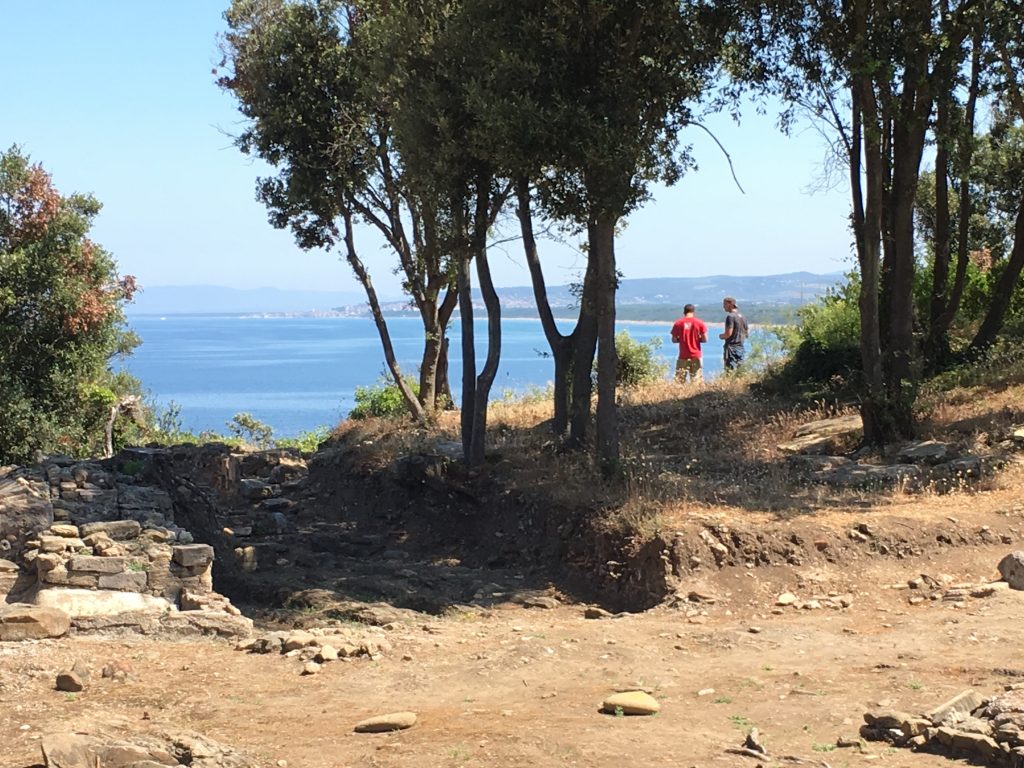
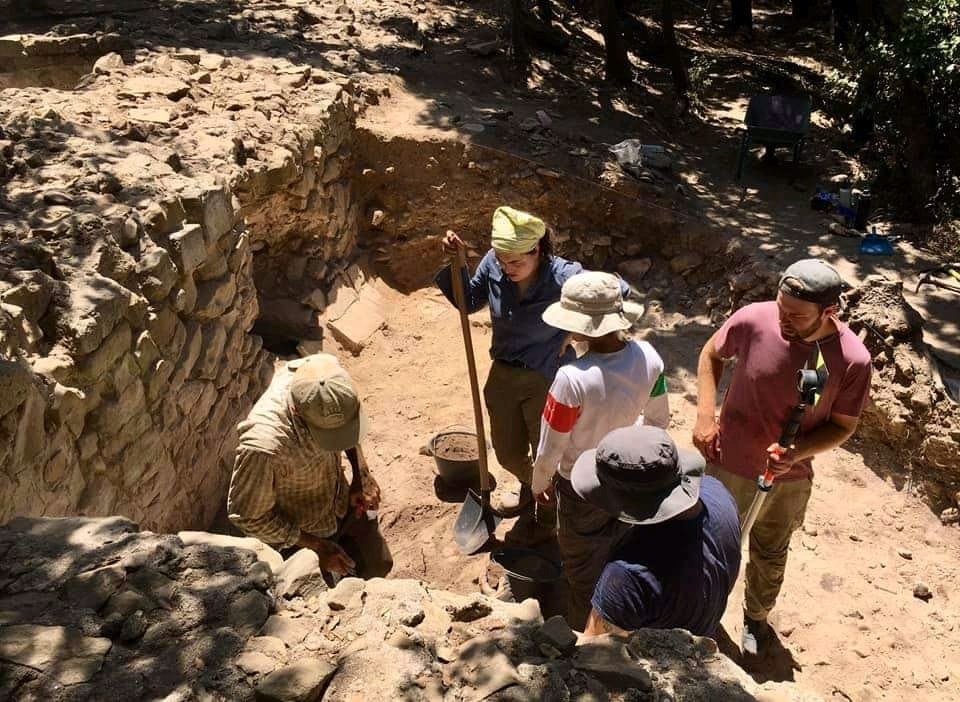
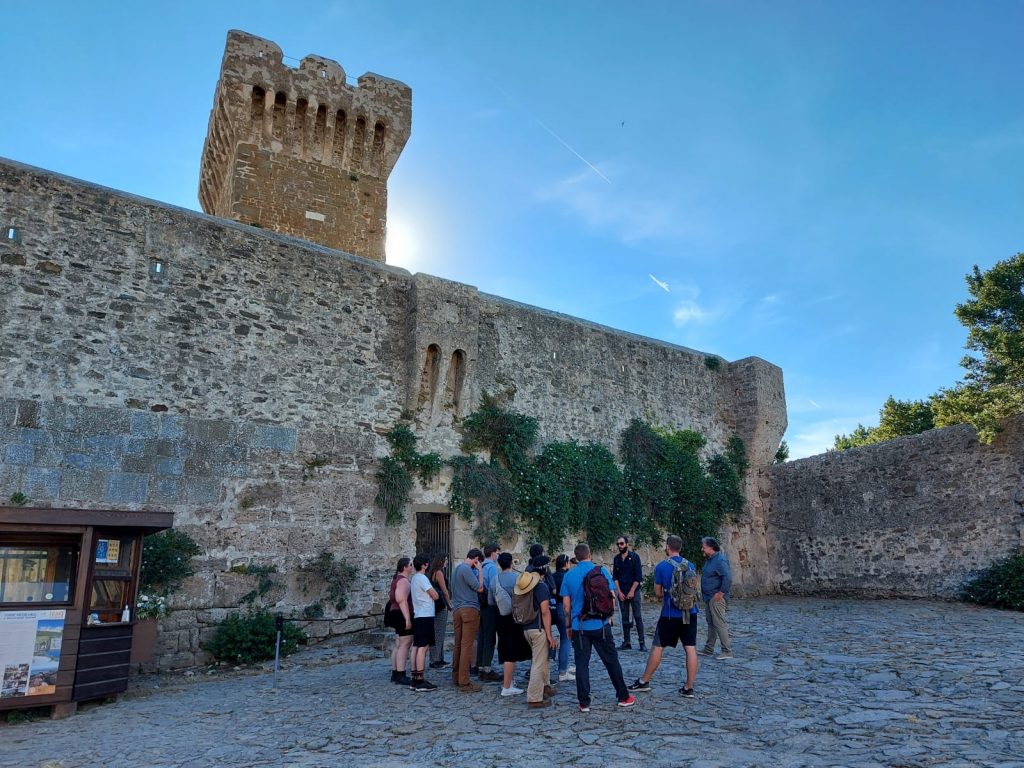
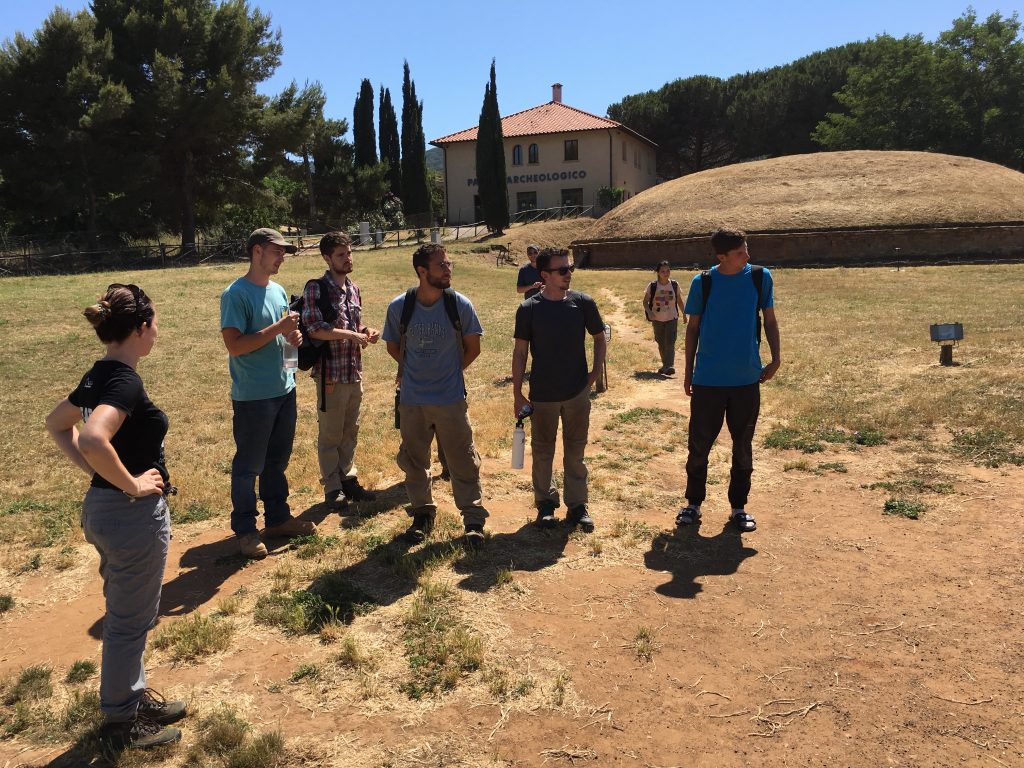
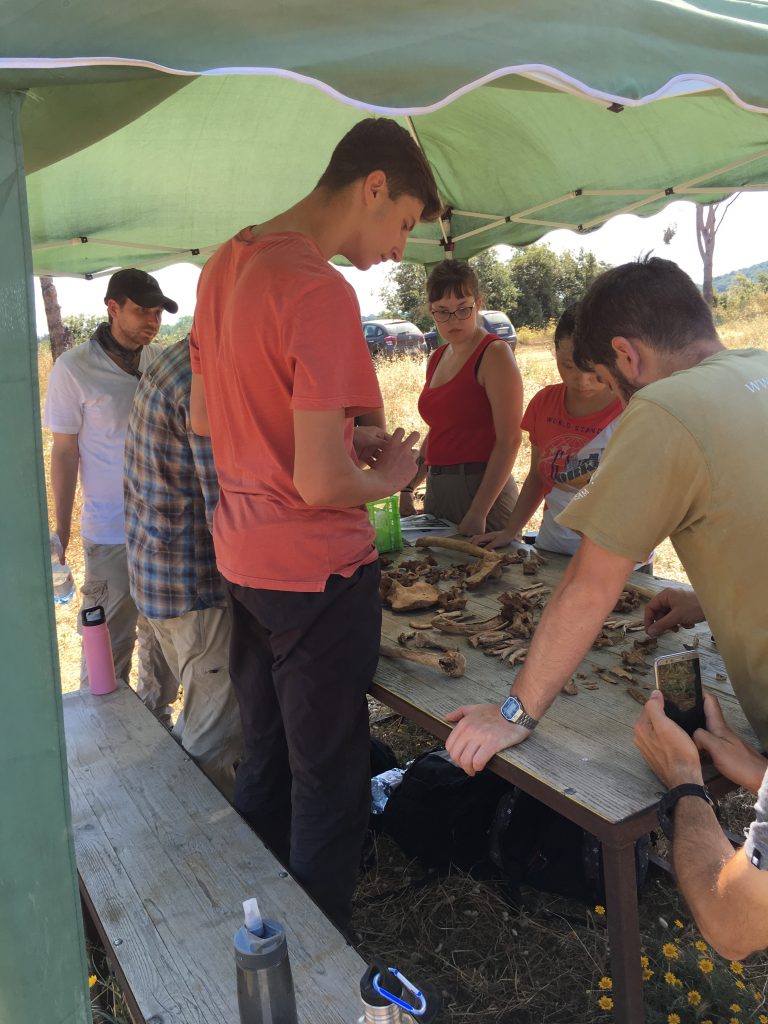

Location: Area archeologica di Poggio del Molino, Piombino, Province of Livorno, Italy
Season: June 12, 2022 to July 9, 2022
Application Deadline: April 2, 2022
Deadline Type: Exact Date
Website: https://www.facebook.com/pdmpopulonia/
Program Type:
Field School
RPA Certified:
No
Affiliation:
Past Experience, Archeodig Project, and Fondazione Aglaia
Project Director:
Carolina Megale (Past Experience; Fondazione Aglaia; Etruscan Museum of Populonia, Gasparri Collection)
Project Description:
Update (April 1st, 2022): All spots for the 2022 campaign have currently been filled. If you would like to be added to the waitlist or put your name down for priority consideration for next year’s season, please contact Tyler Duane Johnson to let him know (tylerdjo@umich.edu).
The Archeodig Project announces the opening of applications for its 2022 field season at the Roman seaside settlement of Poggio del Molino (near Populonia, Tuscany). All are welcome to apply! Excavations at Poggio del Molino will be entering their 13th year under the direction of Archeodig, an international archaeological project supported by the Aglaia Foundation and the City of Piombino. Our program is designed to allow students with all levels of experience (including beginners) to participate in the daily onsite activities of excavation and recording. Regular field labs provide additional opportunities to develop specialized archaeological skills in the following areas:
Beyond the field, students attend lectures and visits to local archaeological sites and museums, immersing themselves in the unique local history of our beautiful little corner of coastal Tuscany. Members of our field school also enjoy the opportunity to get to know the modern community in the area, since our project embraces a model of “public archaeology” and regularly hosts local volunteers and community events onsite. Participation in our field school is thus an opportunity to develop and hone your archaeological skills, enjoy a unique study abroad experience, and support a field excavation at the forefront of the effort to use cultural heritage as a tool for sustaining and giving back to local communities.
The archaeological site of Poggio del Molino overlooks the Tyrhennian Sea on a promontory forming the northern edge of the Gulf of Baratti, today a popular beach destination but in Etruscan and Roman times an important center of trade and iron production. At the southern edge of the gulf, just a few kilometers away, rests the Roman city of Populonia. During its long history, the territory around Populonia (including the Gulf of Baratti and Poggio del Molino itself) shifted from Etruscan to Roman control, a process which still presents many unanswered questions and remains a key research focus of the excavations at Poggio del Molino.
Poggio del Molino preserves many centuries of diverse activities and phases of construction. Originally a Roman seaside fortress constructed during the republican age and likely intended as a protection against Mediterranean pirates, the site was eventually converted into a large farm and garum factory during Julio-Claudian period. During the 2nd century CE the structure was re-appropriated once again, this time for use as a large, luxurious seaside villa complete with rich private bath complexes and stunning views of the Tuscan coastline. Toward the end of the Roman period, the villa experienced several interesting phases of abandonment and reoccupation before finally being deserted altogether by the 5th century CE. After a decade of work, the details of how these changes unfolded over time are still being understood by the archaeologists of the Archeodig project. As an organization which places public and student involvement as a top priority, Archeodig seeks student volunteers for the 2022 field season who wish to develop a foundational knowledge of field archaeology and contribute to the many interesting and ongoing research questions posed by the site of Poggio del Molino.
Cost: €3000 (around $3,350-$3,400)
To apply, email Tyler Johnson (tylerdjo@umich.edu)
Period(s) of Occupation: Late Roman republican period (2nd century BCE) to the early middle ages (6th century CE)
Project Size: 1-24 participants
Minimum Length of Stay for Volunteers: 4 weeks
Minimum Age: 18
Experience Required: No field experience or language requirements are necessary for participation. All are welcome to apply.
Room and Board Arrangements:
Students will stay in comfortable resort lodgings located just minutes away from our excavation. Within a short walking distance are grocery stores, restaurants, the breathtaking beaches of the Gulf of Baratti, and a train station for enjoying weekend travel. Students can arrive by train within minutes to the nearby city of Piombino, a lively coastal town with a world class archaeological museum and a walkable historical center. Longer train rides support easy travel to Pisa, Florence, Siena, Rome, and other major Italian cities as well as notable destinations off the beaten path. Apartments include a fully equipped kitchen and basic amenities. Living arrangements will be shared spaces organized to prioritize health, safety and hygiene.
Tyler Johnson
434 S State St
Ann Arbor
Michigan
48104
United States
The AIA is North America's largest and oldest nonprofit organization dedicated to archaeology. The Institute advances awareness, education, fieldwork, preservation, publication, and research of archaeological sites and cultural heritage throughout the world. Your contribution makes a difference.